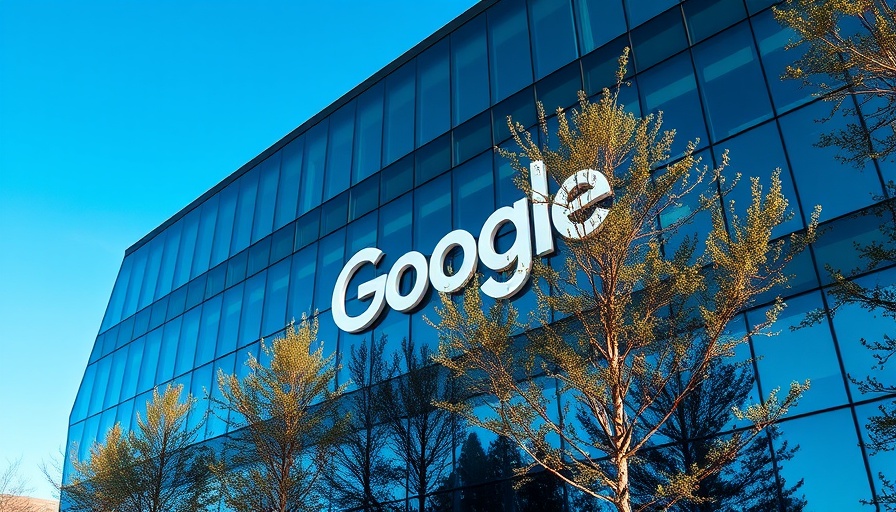
Global Internet Access: A Tenuous Balance Between Connectivity and Control
The state of internet access across the globe is increasingly precarious, with widespread blackouts and escalating crackdowns illustrating a chaotic landscape. Recent events, such as the massive Verizon wireless outage that lasted nearly nine hours on August 30, 2025, highlight the vulnerabilities inherent in modern communication systems. With millions of users losing access to essential mobile services, questions arise about the resilience of our internet infrastructure and what it means for both personal freedom and national security.
Exploring the Impact of Internet Blackouts
As digital infrastructure continues to evolve, outages are becoming the norm rather than the exception. A significant example occurred on September 4, when Google services—including Search, YouTube, and Gmail—faced downtime across Turkey and parts of Europe for about an hour. This incident prompted Turkey's cyber watchdog to press for accountability from Google amidst escalating concerns over digital reliability.
Similarly, Pakistan's Balochistan province has endured a weeks-long mobile internet blackout, coinciding with ongoing military operations. Such moments illustrate the duality of internet use in both everyday life and under repressive regimes, where connectivity can be abruptly severed in the name of security.
Rising Authoritarianism and Internet Censorship
The state responses to these blackouts are alarming. Russia, for example, implemented draconian laws on September 1 that impose fines for accessing "extremist" content—even through VPNs. This crackdown on digital freedoms reveals a disturbing trend where authoritarian governments leverage control over the internet as a tool for censorship to suppress dissent.
The chilling effects of such censorship create an atmosphere of self-censorship among users—a shift that digital rights advocates are keen to oppose, arguing that fear stifles freedom of expression. As reports indicate, the long-term ramifications of such legislation could deeply affect user trust and engagement with digital platforms.
Infrastructure Expansion: Hope Amidst the Chaos
Despite these challenges, advancements in internet infrastructure offer glimpses of hope. SpaceX’s recent launch of 24 Starlink satellites aims to enhance broadband coverage in high-latitude regions, a crucial step toward global connectivity.
Moreover, Africa is witnessing its own infrastructure renaissance, with Kenya's Safaricom and Meta unveiling the 'Daraja' undersea cable designed to link Kenya to Oman, increasing bandwidth significantly. Such developments underscore the importance of collaboration for fostering resilience against digital constraints.
The Future of Connectivity: 5G Rollouts and Beyond
Looking to the future, the prospect of 5G technology could revolutionize communication. Pakistan’s planned auction for its first 5G spectrum in December 2025 signifies a pivotal moment for the region. With the potential for higher speeds and greater accessibility, the introduction of 5G could mitigate some connectivity challenges while simultaneously raising concerns about its implications for surveillance and privacy.
As we navigate the complexities of internet access, it is vital for governments, companies, and citizens to engage in the discourse surrounding these changes. Understanding both the technological advancements and the political landscape will shape our approach to managing internet access in a more equitable manner.
Conclusion: Taking Ownership of Our Digital Future
The ongoing chaos surrounding internet access, marked by blackouts, crackdowns, and infrastructure developments, poses significant questions about the future of connectivity. As users, acknowledging these nuances allows us to become more informed advocates for our digital rights and the broader implications they hold for freedom and democracy. In this interconnected world, we must ensure that advancements in technology benefit everyone, not just the privileged few.
 Add Row
Add Row  Add
Add 




Write A Comment